iPhone prices are not the only reason why Apple is losing ground in China
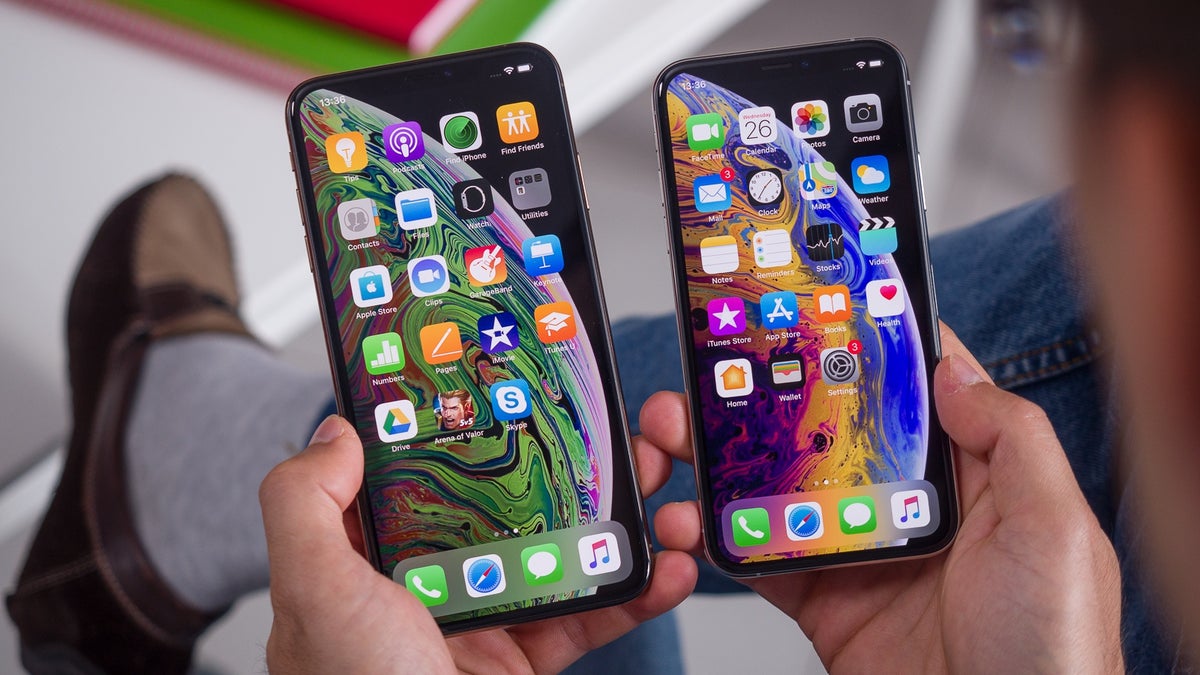
The iPhone XS and XS Max are considered too expensive and not innovative enough in China
As it turns out, hitting rock bottom was still a ways off, and there are two main causes for Apple's deepening Chinese crisis in recent years, as explained in a new Reuters report.
Yes, sky-high iPhone prices are definitely to blame
This is the easiest explanation, supported by 2017's introduction of the first mainstream mobile device with a four-digit starting price in the US. While the iPhone X was by no means a worldwide lemon, its reception in a market largely focused on value for money could only be described as ice cold. Apple's Chinese share didn't immediately plunge, but total smartphone shipments in the region began slipping.
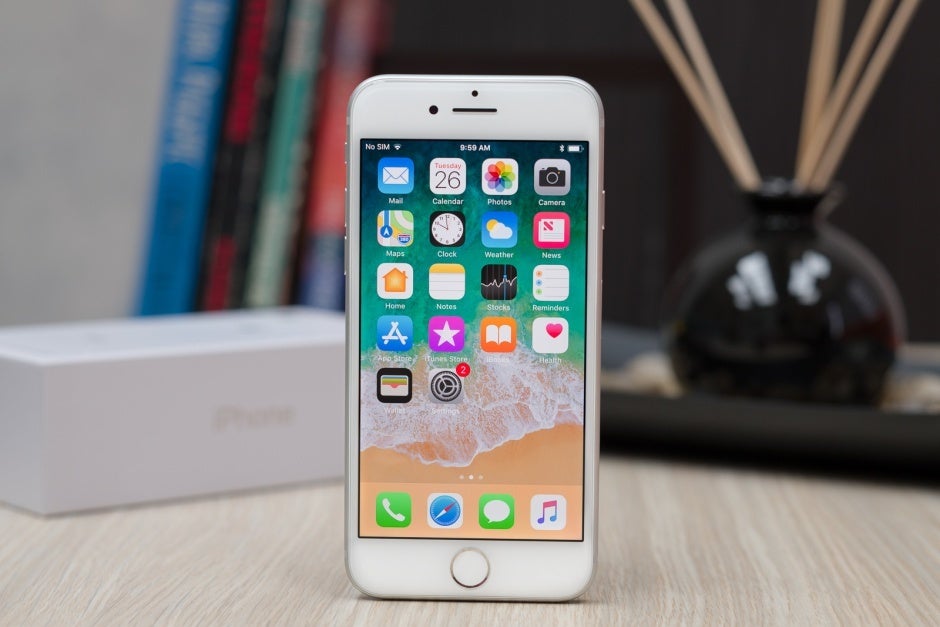
It's not enough to reduce the prices of old devices like the iPhone 8
Although the company held on to an 11.5 percent slice of the pie in the final three months of 2018, that actually translated into a modest 11.8 million iPhone unit sales, according to the IDC, down a full 3 million from Q4 2017. The natural response was to reduce local iPhone prices to try to better compete against inexpensive flagship models from Oppo, Vivo, and Xiaomi in addition to Huawei.
But multiple recent reports have hinted at the inefficiency of these measures. In fact, February sales are being deemed disastrous, despite the iPhone 8, for instance, costing now about 25 percent less than just three months ago in China. Which brings us to the second reason Apple is doing so badly in the region.
iPhones are simply not attractive enough for Chinese consumers
In case you haven't noticed, the world's largest smartphone market has matured and evolved, shifting its focus to features and innovation. Yes, reasonable prices still matter, but not as much as a few years back. As such, it seems sales of devices costing the equivalent of $600 and up have actually increased in 2018.
Instead of being good news for Apple, this transition has favored the likes of Huawei, Oppo, and Vivo as well. That's because the three brands have been upgrading the hardware specs of their high-end products in more dramatic ways. Whereas Apple remains concentrated on user experience refinements, these ambitious companies are constantly willing to experiment with radical redesigns and eye-catching features like triple rear cameras and in-display fingerprint sensors.
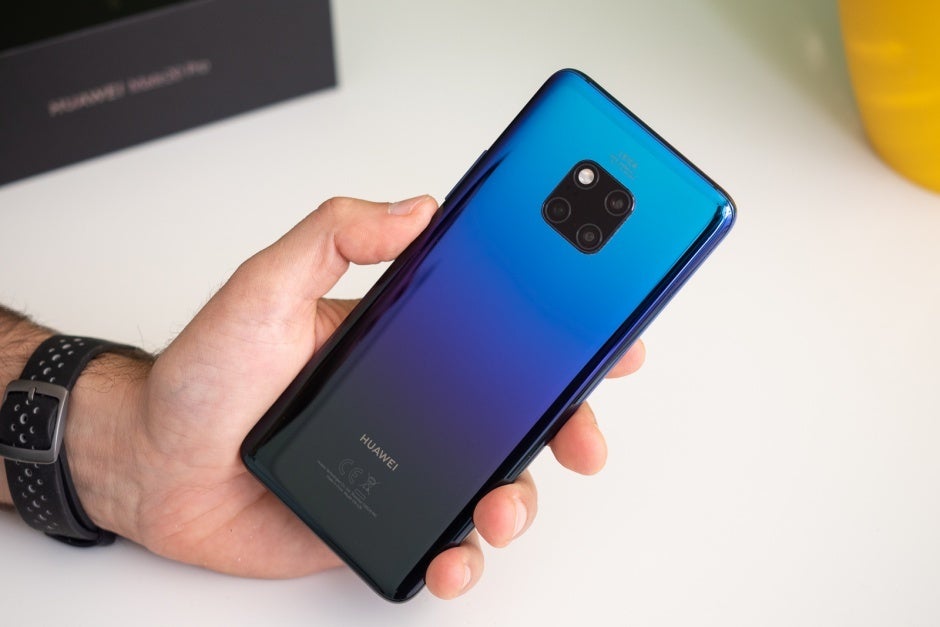
That Huawei Mate 20 Pro camera is apparently a box-office winner
At least for the time being, the strategy is apparently paying off in a big way, as numerous local retailers and resellers claim iPhone owners are flocking to the competition. Huawei in particular is said to be snatching Apple's once devoted users thanks primarily to cameras that are considered superior.
It sounds like Apple may need to step up its bezel-killing and photography-improving efforts in future iPhone generations if it doesn't want to be left behind. That actually applies to the entire world, not just China, but for what it's worth, the iPhone XI (or 11) is expected to deliver on at least one of those two fronts.
Follow us on Google News


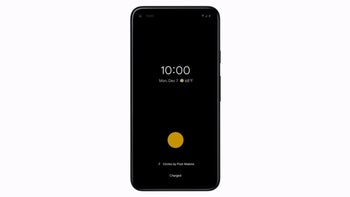
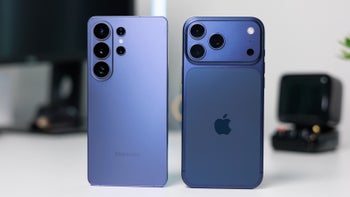
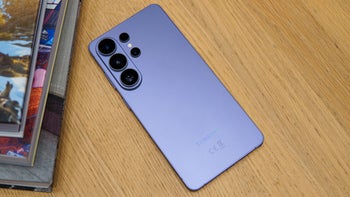

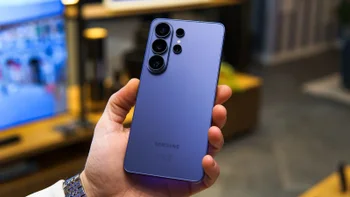
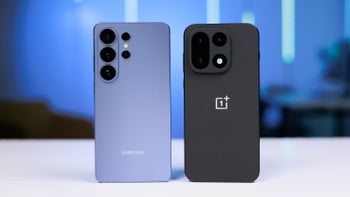






Things that are NOT allowed:
To help keep our community safe and free from spam, we apply temporary limits to newly created accounts: